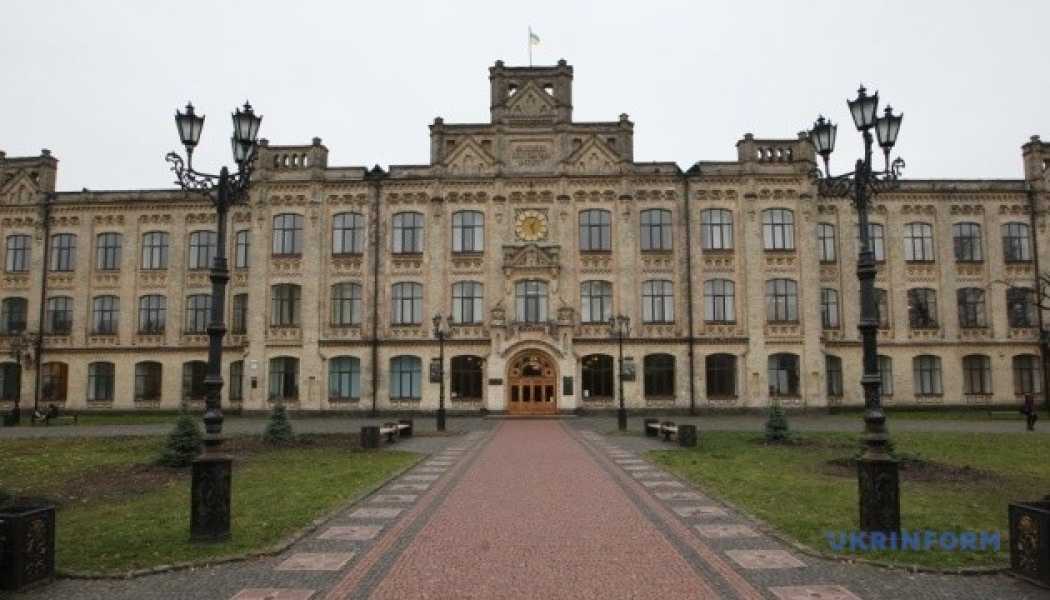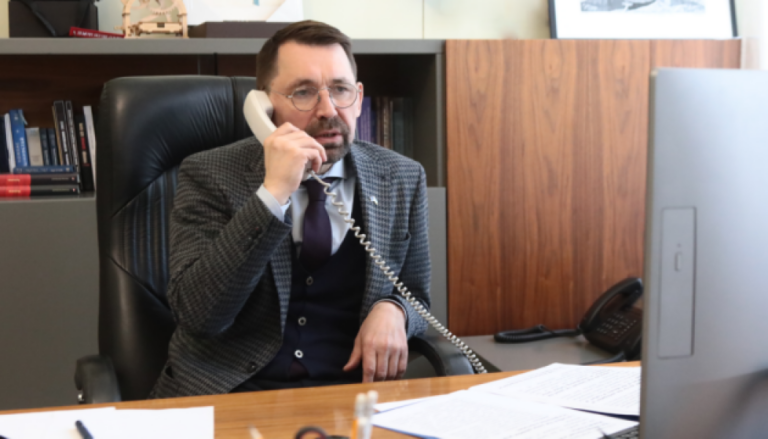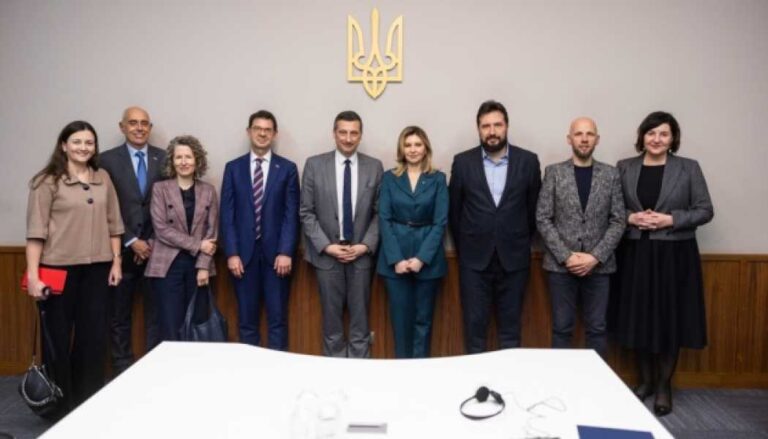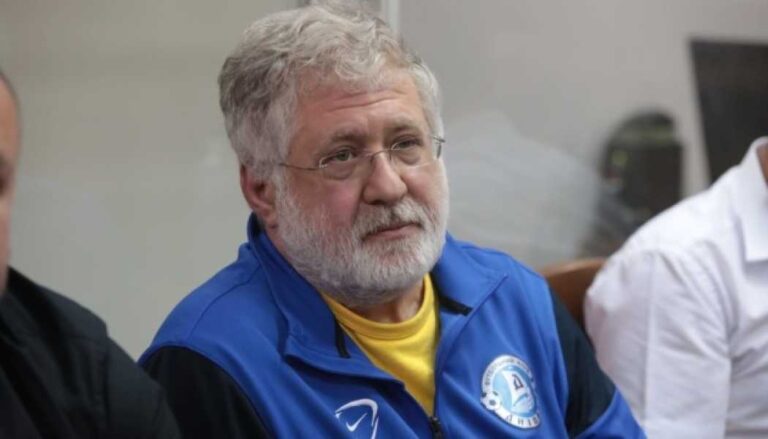After the full-scale invasion, the demand for engineers has increased sharply – Rector of KPI

This was reported by the rector of the National Technical University of Ukraine “Igor Sikorsky Kyiv Polytechnic Institute” Anat Melnichenko in an interview with Ukrinform.
“Demand among applicants is one aspect of the need for educational programs at our university, and this demand often does not reflect the real needs of the current and future economy. Therefore, it is important to take into account the labor market's demands for specialists. With the start of a full-scale invasion, the demand for engineering specialties from employers has increased sharply. They need specialists in the field of applied mechanics, chemical engineering, biotechnology, materials science, electronics, telecommunications and, of course, IT,” he noted.
In his opinion, Ukraine can become one of the leading countries producing high-tech weapons and military equipment, and also competitive in world markets. “This will require engineers – from chemical engineers to mechanics, materials scientists and electronics engineers,” the rector added.
According to Melnichenko, applicants are consistently interested in specialties related to information technology: software engineering, IT, computer technology and computer science.
Read also: Kyiv Polytechnic Institute plans to create cogeneration units to reduce electricity costs
“In addition, the university is one of the leaders in recruiting students in the fields of “aviation engineering”, “biomedical engineering”, “avionics”, “nuclear energy”. Educational programs in the field of “humanities and social sciences” are also in demand. For example, last year, applicants showed a high interest in the specialty “psychology”, – he said.
According to the rector, KPI also has a certificate program in “Military Psychology”. After all, there was a need to work with both those fighting and those returning from the front. “For this purpose, we have created a Veterans Development Center, and introduced the position of assistant rector for work with veterans and veteran organizations,” the rector noted.
Melnichenko also reported that KPI has launched programs in the areas of “Engineering of Unmanned and Autonomous Systems”, “Electronic Warfare Technologies”, “Robotics”, “Cybersecurity of Critical Infrastructure Facilities”, “Engineering of Weapons Systems and Military Equipment”, as well as educational programs in the area of “Humanitarian Demining” at the bachelor's and master's levels.
“We realize that the problem of mine clearance will remain relevant for decades, given the size of the territories that require professional mine clearance… One of the ways to reduce the time of mine clearance of Ukrainian lands is to become not only consumers of mine clearance technologies, but also a center for their development and modernization. We also live in an era of change. And this is a chance for our young specialists to become leaders in this field at the global level,” he noted.
Last year, KPI opened an interdisciplinary educational program in robotics, which combines two specialties – automation and applied mechanics. “This is one of the areas that will be developed at the university first of all. Today, robots perform important civilian functions, but for us at the present time, this is primarily robotics for defense. In the media, you can hear that ground robots are already used in some areas of the front, and Ukraine was one of the first countries to use them in combat conditions,” the rector emphasized.
He also added that the university currently has a mixed format of teaching for safety reasons. Lectures are mostly held online, while labs and practical classes, especially in engineering specialties, are offline.
At the same time, according to him, the university is actively working to increase the number of places in dormitories and academic buildings.
The rector also noted that the university is looking for opportunities to update its laboratory facilities.
As reported by Ukrinform, at the beginning of the year, the professions most in demand on the labor market were electricians, seamstresses, plumbers, and electric welders.
Source: Source



